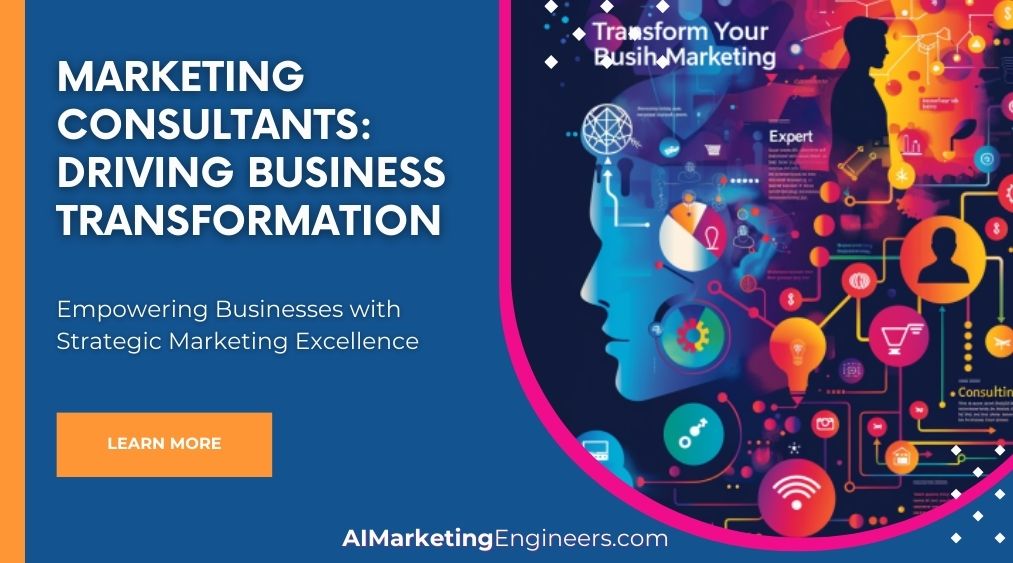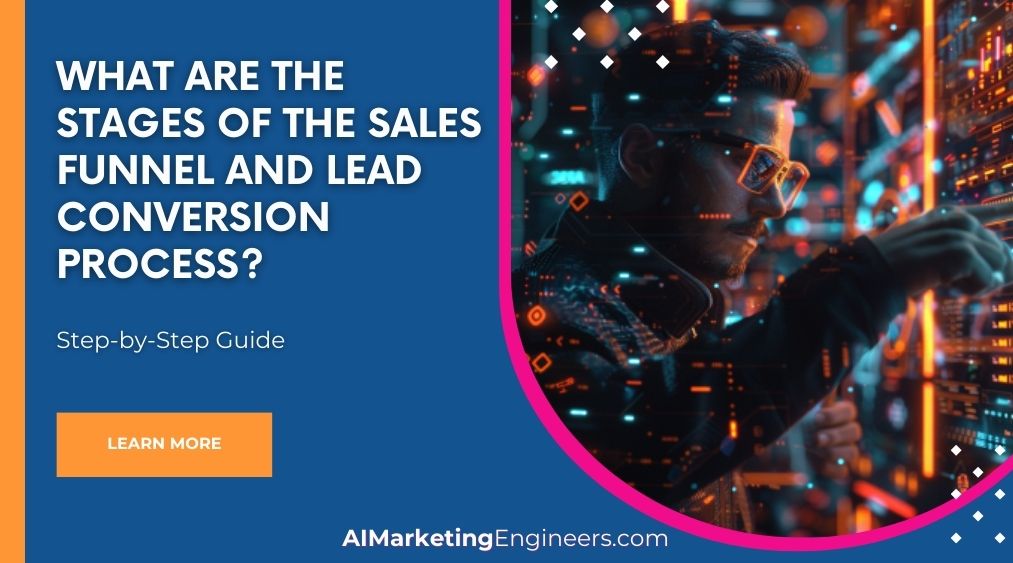Key Takeaways
✅ Establishing Ethical Guidelines: Diving into AI regulation, we find that the cornerstone lies in establishing ethical guidelines. With 85% of AI projects predicted to deliver erroneous outcomes due to bias by 2022, setting clear rules on transparency, privacy, and fairness is non-negotiable. Businesses can take a proactive stance by integrating these principles from the initial design phase of AI systems.
✅ Balancing Innovation and Regulation: How do we harness AI without stifling creativity? This question echoes in the halls of startups and conglomerates alike. Balancing Innovation and Regulation is about walking the tightrope carefully; it's about creating ecosystems where innovators thrive under strategic yet flexible structures. Companies are encouraged to engage in 'regulatory sandboxes' to test AI solutions safely, ensuring they comply with societal standards without quenching the fire of invention.
✅ Multi-stakeholder Approach: AI doesn't exist in a vacuum—it affects us all. Therefore, a multi-stakeholder approach is crucial. With an estimated 90% of companies investing in AI by 2025, the need for a joint effort among government, business, academia, and civil groups is more urgent than ever. To navigate the AI terrain, organizations should seek partnerships and dialogue to craft frameworks that advance the common good.
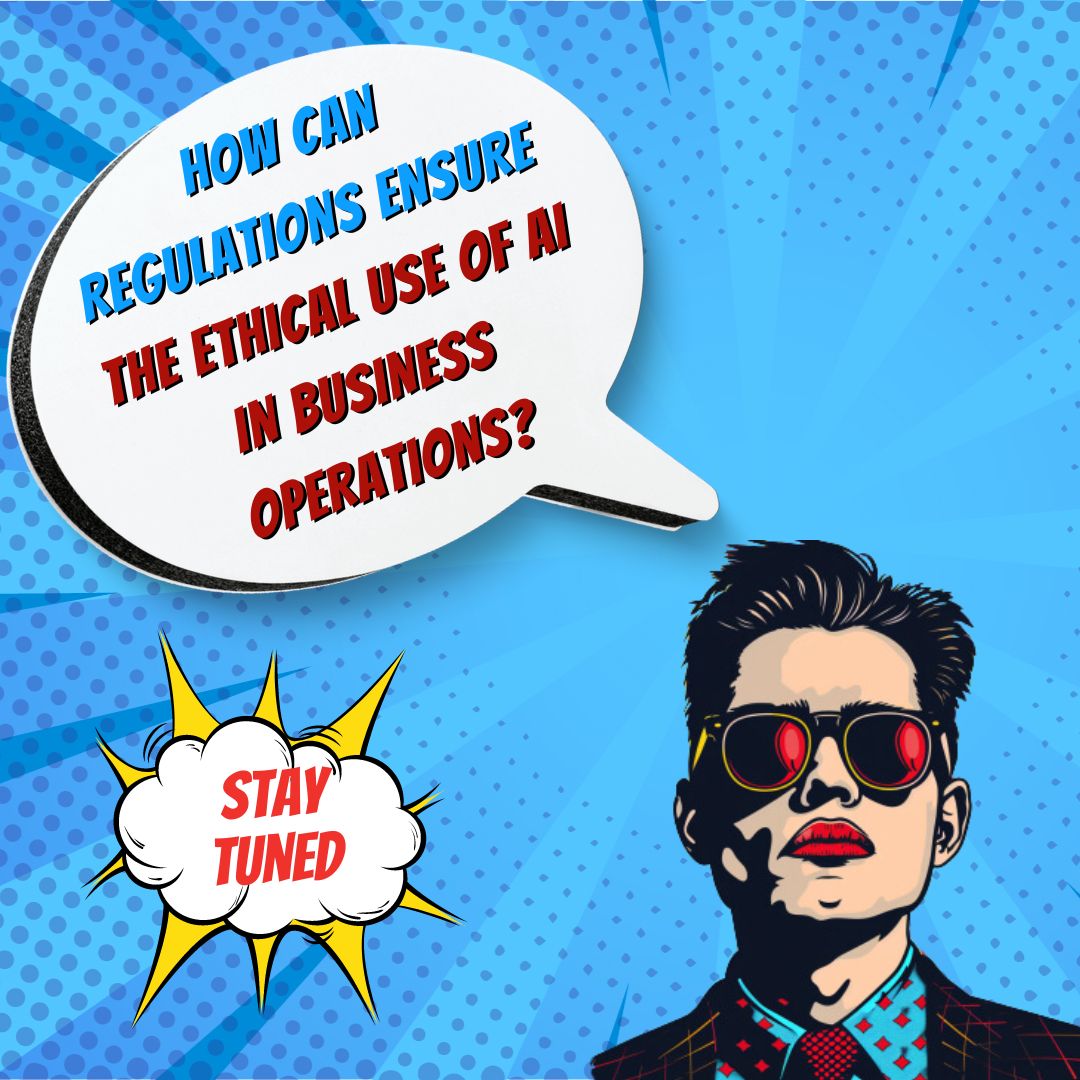
Introduction
AI's progress is nothing short of a comet streaking across the night sky. But with great power comes the need for responsible stewardship. Do you find yourself wondering how to align the relentless drive of AI with the timeless compass of ethical conduct? You're not alone.
We're standing at the crossroads of history where Ethical Considerations in AI and Regulatory Frameworks for AI will dictate our journey ahead. From thorny issues like bias to the crucial need for transparency, this article peels back the layers of what truly matters in AI governance. Think of it as a navigational map through the complex terrain of innovation, regulations, and multi-faceted stakeholder roles.
In this article, you'll glimpse into the future, where AI Regulation and Innovation dance in tandem, each step choreographed to foster progress while honoring our shared human values. Are you ready to be part of this riveting dialogue? Let's unlock actionable insights and strategies that will not only inform you but also prepare you to shape the trajectory of AI—responsibly and with foresight.
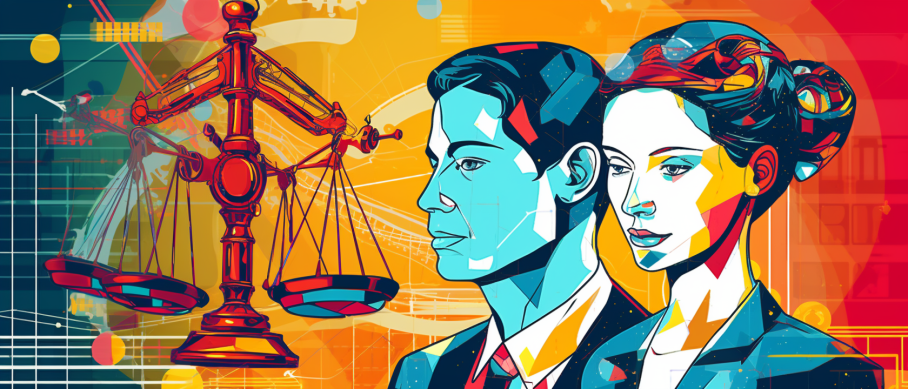
Top Statistics
| Statistic | Insight |
|---|---|
| Global AI Market Size: Projected to grow from $387.45 billion in 2022 to $1,394.30 billion by 2029, at a CAGR of 20.1%. (Source: Fortune Business Insights, 2021) | This explosive growth signals just how much businesses are betting on AI to be the next big thing. Wouldn't you want to know what AI can do for you? |
| AI Regulation Investment: Expected to reach $1.1 trillion by 2030, growing at a CAGR of 27.8%. (Source: P&S Intelligence, 2021) | How important is it to pair innovation with rules that keep things in check? This investment growth shows that lots of folks think it's pretty crucial. |
| User Demographics: A survey found that 65% of U.S. adults believe AI will have a mostly positive impact on society. (Source: Pew Research Center, 2021) | It seems a good number of us are feeling optimistic about AI's role in our future. But, are we ready to welcome our new AI pals with open arms? |
| AI Trust and Transparency: 82% of business leaders feel AI adoption is key to competitiveness, yet 61% say building trust in AI systems is a priority. (Source: IBM, 2021) | Can you trust an AI system the same way you trust your best friend? Maybe, maybe not. But it's clear that trust is going to be a big deal for AI's future. |
| AI Regulation by Region: Europe is at the forefront, with a proposal for new AI Regulation focused on safety and fundamental rights. (Source: European Commission, 2021) | Europe's taking the lead, but where does that leave the rest of the world? We're all in this together, and it's a race to get AI right. |
Ethical Considerations in AI
Have you ever stopped to think about how AI makes decisions? What's behind that virtual assistant in your phone, or the way your newsfeed seems to know you better than you know yourself? Well, it's not all about algorithms and data; there's a human element in the mix, and it's called ethics. Ethical considerations in AI are a huge deal because they handle issues like bias, transparency, privacy, and accountability. Imagine an AI that picks a job candidate or approves a loan application—without ethics, it could unfairly favor one person over another, or leak personal data like a sieve. Ethical guidelines and principles are meant to be the moral compass for AI, helping it to navigate the choppy waters of right and wrong.
Regulatory Frameworks for AI
Now, let's get real about rules. In the world of AI, regulations are like traffic laws—they keep things running smoothly and prevent chaos. We've got various national and international frameworks trying to do just that, but here's the kicker: keeping up with AI's breakneck speed is tough. Some rules might already be outdated before the ink's dry, and that's a problem. It's like trying to enforce speed limits for cars that can go invisible—tricky, to say the least. But don't worry, there are smart folks working on this, creating emerging frameworks and initiatives tailored to AI's unique needs. It's all about staying ahead of the game.
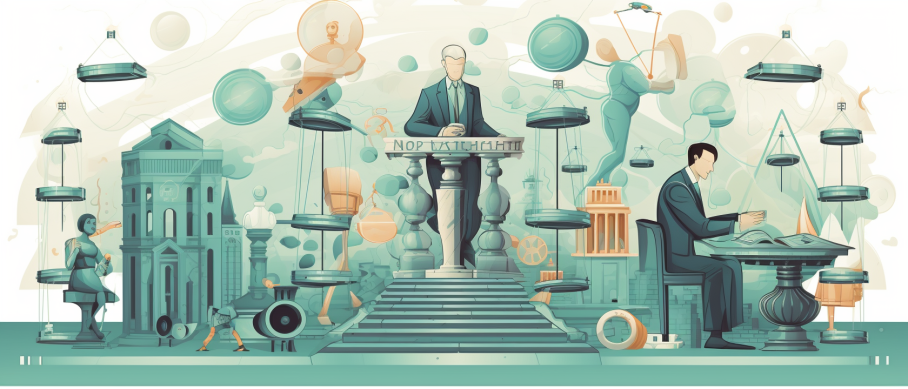
Role of Stakeholders in AI Governance
Imagine AI as a team sport. It's not just one player calling the shots; you've got a whole squad: governments, industry bigwigs, academia, and civil society. Each of them has a role to play in keeping AI in check. For AI governance to really shine, it's all about passing the ball, or in this case, the responsibility, making sure every voice is heard. That includes yours, by the way. Public participation and education? They're not just nice to have; they're non-negotiable for a game that affects us all. No one likes a match where the rules aren't clear or fair.
AI Regulation and Innovation
So, you're wondering, can AI play nice with all these rules without tripping over its own feet? The answer is: it's a delicate dance. Picture a balance beam: on one side is regulation, keeping AI from becoming a rogue robot, and on the other side is innovation, pushing boundaries and making the impossible possible. How do we stay upright without stifling creativity? It's all about creating a regulatory environment that supports innovation while ensuring AI doesn't step on our toes. Approaches that promote this balance are like finding the sweet spot, the perfect tempo for AI's choreography—tough to do, but beautiful when it's done right.
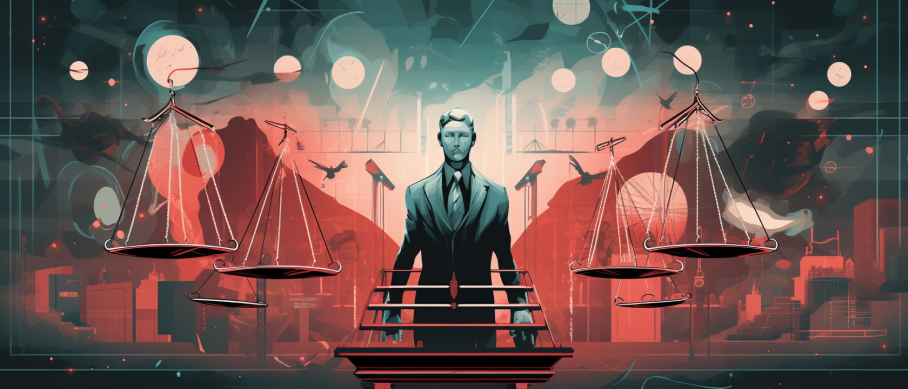
AI Marketing Engineers Recommendation
Recommendation 1: Establish an Ethical AI Framework: The first step towards mastering the art of AI regulation and governance is building a strong, ethical foundation. By implementing an AI Code of Ethics, businesses ensure that while they leverage the power of artificial intelligence, they do not compromise on key values such as privacy, transparency, and fairness. Recent data supports the need for this: a Capgemini Research Institute study found that 62% of consumers would place higher trust in a company whose AI interactions they deemed ethical. This trust translates to customer loyalty and ultimately, profitability.
Recommendation 2: Embrace Transparent AI Reporting Mechanisms: Staying ahead in the AI game means not just using AI, but also talking about how you use it. One way to instill trust is being transparent about your AI-driven actions and decisions. This is not just good PR; it's becoming a trend. With the European Union's draft AI regulation focusing on high-risk AI systems, businesses worldwide are shifting towards clear AI usage disclosure. Considering that a PwC survey highlighted that 76% of executives believe most consumers cannot tell the difference between AI-aided and human services, transparency can become your competitive edge.
Recommendation 3: Invest in AI Auditing Tools: At times, even with the best intentions, AI systems might go astray. This is where AI auditing tools come in handy. These tools can scan algorithms to detect biases or nefarious patterns. The relevance? A study by IBM showed that 58% of businesses that used AI didn’t fully understand the data used to train their models. By adopting AI auditing tools, companies can not only ensure AI fairness and reliability but also gain insights into potential inefficiencies or areas for improvement, thus protecting brand integrity and maintaining customer trust.

Relevant Links
Unlock the Secrets of High-Earning Affiliate Marketing In 2024
Choosing the Right ChatGPT Version: A Comprehensive Comparison
Leverage ChatGPT's Creativity for Innovative Marketing Content
Introduction to Crafting Precision Prompts for AI Efficiency
Maximize Your Small Business Growth with ChatGPT's Capabilities
Stay Trendy: Top 10 Digital Marketing Trends for 2024 You Can't Miss
AI's Crucial Role in Shaping Future Brand Strategies and Identity
The Power of Predictive Analytics in Tailoring AI-Powered Marketing
How AI Is Revolutionizing Performance Marketing: Insights and Trends
ChatGPT Went Mainstream, But Is It Here to Stay? Find Out!
Conclusion
So, we've come to the end of our journey through the intricate landscape of AI regulation and governance. It's clear, isn't it, that as much as we marvel at how AI can change our lives, we can't ignore the big questions that come with it. We peeled back the layers to look at those thorny ethical issues: bias, transparency, privacy, and accountability. We've seen that, sure, they're tough nuts to crack, but they're not insurmountable.
We dug into the various efforts to frame AI with rules that keep it in check—might seem dull but think about it like planting a garden. Without a fence, those sprouting innovations could run wild, and not always in the ways we hope. The people behind these frameworks, from governments to the tech whizzes, and even you and me — we've all got a stake in this. It's about multi-stakeholder collaboration; everyone has a part to play.
Balancing creative freedom with these ethical guardrails—is it possible? The consensus seems to say "yes," with a footnote that it's not a walk in the park. Ensuring innovation thrives in a well-regulated environment is akin to a tightrope walk, but the safety net of strong, ethical AI governance can spur us to new heights.
I'll leave you with this: The drive for responsible AI development isn't a trend - it's a necessity. So, what's your take on this? Are you ready to join in on this dialogue, to lend your voice to shaping the AI of tomorrow? As we look forward to a horizon filled with AI potential, let's remember that it's our collective efforts in navigating these waters that will ensure the tech we create serves the greater good.

FAQs
Question 1: What is AI regulation and governance?
Answer: It's all about making sure that AI is made and used the right way—ethically and responsibly. Think of it as a set of rules and guidelines to follow, so that AI works safely and fairly, respecting our privacy and keeping in step with our values.
Question 2: Why is AI regulation and governance necessary?
Answer: Well, AI is powerful, and with that power comes some serious risks—like invading our privacy or making biased decisions. We need these rules to keep those risks in check and to make sure we can all trust the AI systems we interact with.
Question 3: What are some key ethical considerations in AI development?
Answer: When building AI, it's important to focus on being fair, transparent, and accountable, ensuring privacy and safety are top priorities, and keeping humans in the loop. After all, AI should align with how we value human rights and individual freedoms.
Question 4: How can AI regulation and governance balance innovation with ethical considerations?
Answer: By creating a smart mix of self-regulation, industry standards, and government rules, we can keep racing forward with AI innovations while also making sure those innovations are done the right way.
Question 5: What is the role of government in AI regulation and governance?
Answer: Governments set the stage by making laws and ensuring they're followed. They're like the referees of AI, making sure everyone plays by the rules, and they can also give a helping hand in research and setting industry standards.
Question 6: What is the role of industry in AI regulation and governance?
Answer: Businesses and organizations are right there in the action, setting their own best practices, self-regulating, and developing industry standards. They can also team up with governments and other groups to push for responsible AI.
Question 7: What are some best practices for responsible AI development and use?
Answer: Ideally, AI should be transparent and easy to understand, it should treat everyone fairly, protect our personal info, and stay secure. Plus, there should always be a human watching over it, ready to step in if needed.
Question 8: How can professionals stay informed about AI regulation and governance developments?
Answer: Keep your eyes on the industry news, join in on conferences, get involved with professional groups, and don't forget to keep learning from all the latest research and studies out there.
Question 9: What are some common challenges in AI regulation and governance?
Answer: AI moves fast, so it's tough to keep up with all the new tech. There's also the puzzle of handling rules that apply across different countries, making sure everyone is following the regulations, and finding the sweet spot between innovation and ethics.
Question 10: What resources are available for learning more about AI regulation and governance?
Answer: There's a wealth of info out there—think academic papers, reports from the industry, government advice, professional groups, and even online courses. To name a few key players, look up the European Commission's High-Level Expert Group on AI, the Partnership on AI, or the AI Now Institute.

Academic References
- Horowitz, M. C., Scharre, P., & Allen, G. C. (2019) "Artificial Intelligence and the Future of Warfare." International Security. This article delves into the military implications of AI, underlining the paramount importance of ethics and the establishment of stringent regulatory frameworks to safeguard responsible utilization. It advocates for a governance model underpinned by transparency, accountability, and human oversight.
- Taddeo, M., & Floridi, L. (2019). "The Global Governance of Artificial Intelligence: Insights from Multi-Stakeholder Initiatives." Philosophy & Technology. In this insightful paper, the authors discuss how multi-stakeholder initiatives can be pivotal in the global governance and regulation of AI, promoting ethical innovation through cooperative efforts among governments, the private sector, and educational institutions.
- Cattaneo, C., Ciurcina, M., & Francescon, E. (2019). "Towards a Responsible AI: The Role of Ethics in AI Regulation." Computer Law & Security Review. The paper emphasizes the indispensable role of a common ethical foundation for AI regulation and puts forward a framework for responsible AI that encompasses transparency, accountability, and human oversight as its core pillars.
- Meyer, J-J., Müller, V. C., & Bälter, O. (2014). "Ethics of Artificial Intelligence and Robotics." In The Cambridge Handbook of Artificial Intelligence. This chapter spotlights the ethical quandaries associated with AI and robotics and advocates for regulatory frameworks that strike a balance between nurturing innovation and heeding ethical considerations, focusing on issues like privacy, safety, and the equitable distribution of technological boons and burdens.
- Calo, R. (2016). "Artificial Intelligence, Robotics, and the Law." Stanford Law Review. Here, Calo confronts the intricate legal and ethical challenges that AI and robotics bring to the fore. The article argues for a balanced yet innovative approach to AI governance, which ideally would be built on the tenets of transparency, accountability, and defining the human role in the control of AI systems.



